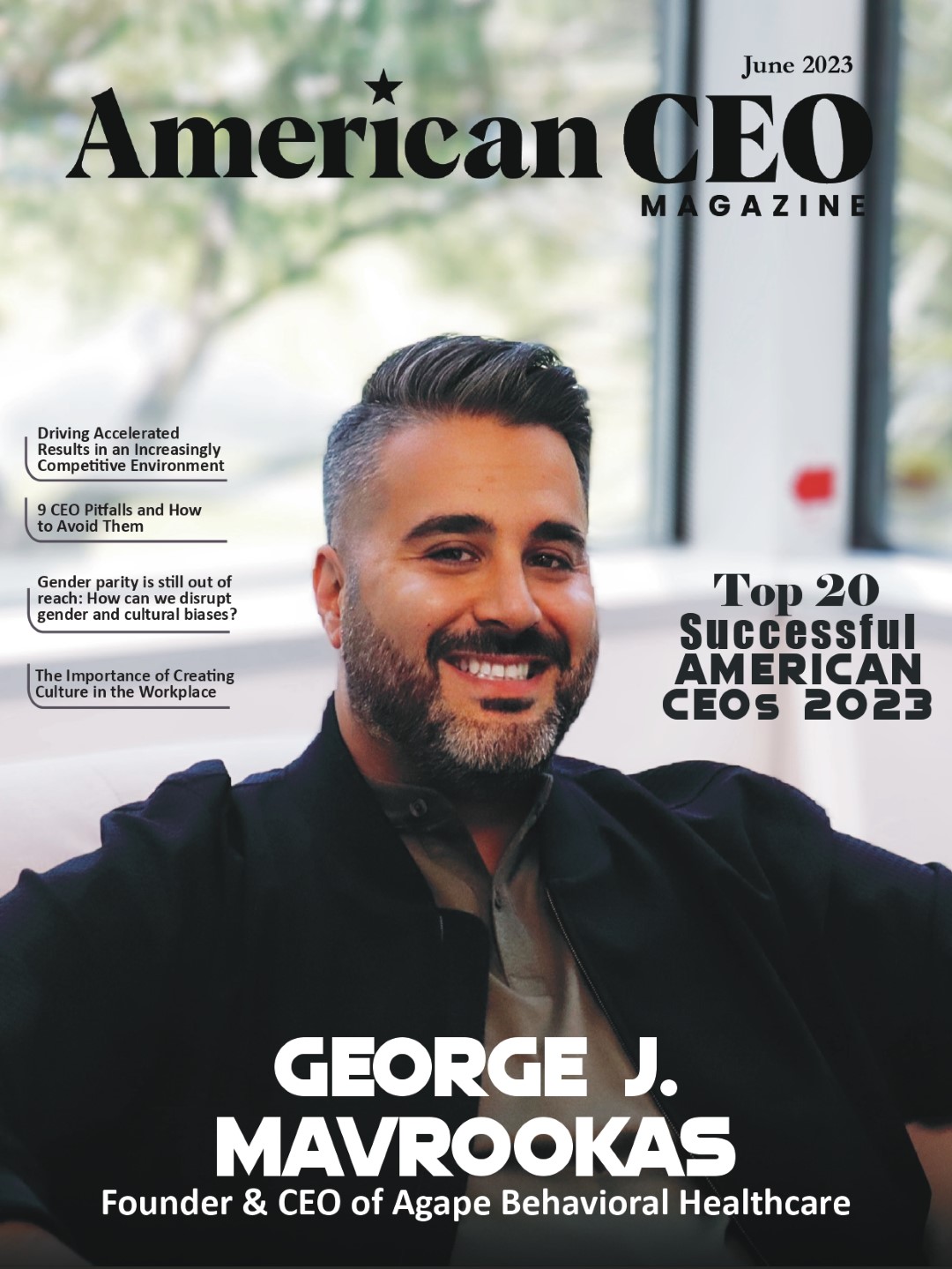York Ast
Leadership Coach

York Ast
When Covid changed our lives in 2020, York Ast was also dealing with a family trauma triggered by addiction in his family. By that time, York’s professional life of the previous 20 years was focused around leading large hospitality teams in high-end settings such as the Metropolitan Museum of Art and the Rainbow Room in NYC. York’s favorite part of the work was to develop talent and connect both up and down the corporate ladder. These life events (Covid and substance dependency) functioned as a catalyst for York to look at how he lived the last 20 years, and more importantly how he wanted to live the next 20 years. York embarked on a path to build his own executive leadership coaching business. How we lead in the work setting, at home and most of all how we lead ourselves continue to fascinate York. In addition to working part time as a peer parent leading meetings at OPLM, York developed his passion to volunteer as a parent coach in the addiction field, an area that as we know can be very lonely and it is York’s way to pay back with gratitude for the unexpected support he found along the path. York looks forward to connecting and making a difference, one conversation at a time.
Leaders at work, at home and when leading themselves
What is leadership and how to define an effective leader are questions that are most often associated with professional work settings. There are countless definitions of leadership and even more books on the traits of successful leaders. Many discussions around adopting an effective leadership style explore the skills needed to grow into leadership positions. Often leadership is described as something you learn, not something you are born with, which gives hope that with hard work a leader can learn the skills needed to be successful. Clearly a lot rides on those who are in charge, especially if they have just been promoted into a larger role. The success of the team and the company is often credited (or blamed) on the leader of the organization. It is understandable that the pressure on leaders can be daunting and when encountering resistance to their efforts, leaders try out new theories and leadership principles. Whether or not they are successful depends on many factors. A dominant leadership style may get quick results, but over time dominant leadership may lead to disengagement in the team and resulting in higher turnover, which in turn may impact the effectiveness of the team. Over time, leaders build their own tool box and soon become convinced about what works and what doesn’t based on how well their teams and their businesses perform.
And then those leaders come home and some of them find out that what worked in the office doesn’t quite work in the family setting. It is natural for leaders to feel confused about the disconnect. Add parenting to the family setting and a host of new challenges arise that make the difficulties at work look less challenging. Initially, leadership and communication techniques are applied, and some seem to work, but at other times the desired outcome doesn’t materialize. The fact that just a few hours ago the communication techniques that seemed to have worked in the office, fall flat at home can be confusing. What good is there in getting what we want in the short term when over time a relationship with a family member or a child grows distant? Oftentimes the conflict may lead to more pressure applied that in turn produces more push back. Add a child who is struggling with mental health and or substance dependency into the mix and the family dynamic may intensify to levels that make any business challenges seem trivial.
Hopefully, leaders who struggle at home are open to teachings that broaden their minds. One powerful example is Stephen Covey’s book The 7 Habits of Highly Effective People that teaches how to achieve personal and professional goals by aligning oneself to universal and timeless principles of character and ethics.
The book explains how to shift one’s paradigm or perspective to see the world differently and become more proactive, purposeful, prioritized, collaborative, empathetic, creative, and balanced. In particular, habit #5, “Seek first to understand, then to be understood,” underscores listening empathically to others, and seeking to understand their needs, feelings, and perspectives before expressing your own.
Now that we covered leading teams in work settings and how leaders show up at home, let’s turn to the most important question, how do leaders lead themselves? Before we do, let’s explore how many thoughts we generate per day. The studies vary so widely (supposedly, we generate between 6,000 to 75,000 thoughts per day) that we miss the important insight that the majority of the thoughts are not new, meaning we had them just yesterday or an hour ago and most of the thoughts are negative. Upon further reflection, we may discover that many of the thoughts are directed at ourselves in not only a negative, but also self-critical manner. Out the window go all the learnings of effective leadership styles. A similar critical communication style would not go over well in the work setting. So why do so many of us treat ourselves with such harshness and self-criticism? Kristin Neff, Ph.D., a pioneer in the study of self-compassion, looked into the question of why we have a need to be so self-critical. Research presented her with one theory in that we see self-criticism as a way to motivate ourselves – that if we are too kind to ourselves, we are going to be self-indulgent and lazy.
Dr. Neff’s solution to combat that inner turmoil is to practice self-compassion, which is the ability to treat ourselves with kindness, understanding, and care, especially when we are suffering, struggling, or making mistakes. Dr. Neff proposes that self-compassion has three main elements: self-kindness, common humanity, and mindfulness. Self-kindness means treating ourselves with the same care and compassion that we would treat a friend who is struggling. Common humanity means recognizing that we are not alone in our suffering, and that imperfection and failure are part of the shared human experience. Mindfulness means being aware of our thoughts and feelings without judging them or suppressing them.
When would it be a good time to start practicing self-compassion? According to the ancient proverb: “There are two good times to plant a tree: 20 years ago and today.”
York Ast















































